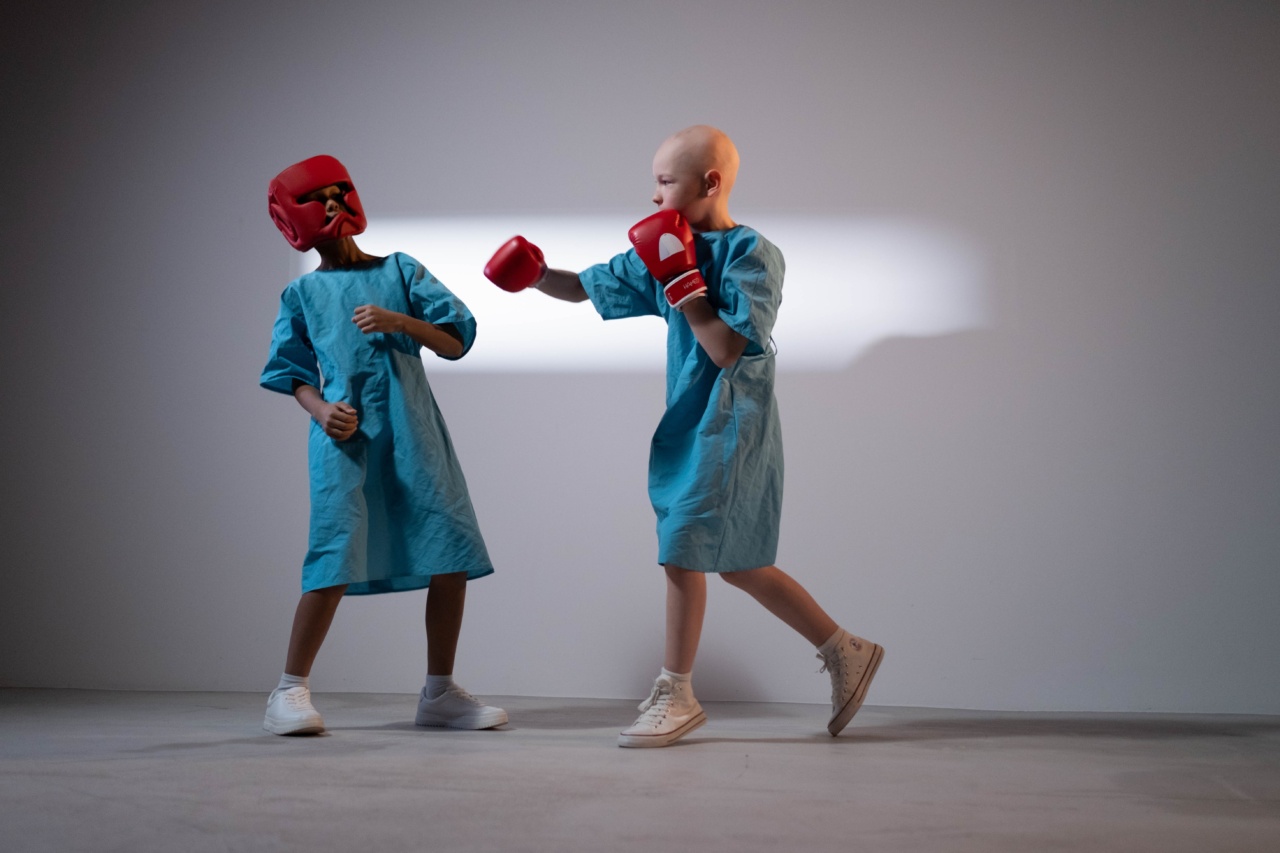Childhood cancer is one of the most devastating diseases in existence. It is the leading cause of death among children and affects thousands of families every year, leaving a lasting impact on their loved ones.
Despite this, there is hope, and with the help of advances in medical science, prevention measures, and early detection, we can defeat it.
What is childhood cancer?
Childhood cancer is defined as any type of cancer that develops in a child under the age of 18. These cancers differ from adult cancers both in terms of their prevalence and their types.
Some of the most common types of childhood cancer include leukemia, lymphoma, neuroblastoma, brain tumors, and Wilms tumors.
What are the causes of childhood cancer?
The cause of childhood cancer is not yet fully understood, but research shows that genetic mutations, environmental factors, and infections may play a role.
Certain genetic conditions, such as Down syndrome, can increase the risk of childhood cancer, while exposure to radiation, lifestyle factors like smoking and alcohol consumption, and certain infections have also been linked to increased cancer risk in children.
Preventing childhood cancer
Prevention measures are key to reducing the incidence of childhood cancer.
Parents can take proactive steps to reduce their children’s risk by ensuring they are vaccinated, maintaining a healthy lifestyle, and reducing their exposure to environmental toxins. Most importantly, parents should always remain vigilant and respond to any symptoms their children display by seeking out medical attention as soon as possible.
Early detection is key
When it comes to childhood cancer, early detection is vital. Recognizing and treating cancer in its early stages is the most effective way to increase the chances of a positive outcome.
Regular checkups and screenings can help detect cancer early, and parents should always be aware of the signs and symptoms of cancer, such as unexplained weight loss, fatigue, and unusual lumps or bumps.
The importance of research funding
Research is essential to defeating childhood cancer. Continued funding for research is necessary to develop new treatments, expand our knowledge of the disease, and ultimately increase survival rates. Organizations such as the American Cancer Society, St.
Jude Children’s Research Hospital, and The Leukemia & Lymphoma Society fund vital research projects and support families affected by childhood cancer.
Supporting children and families with cancer
Children diagnosed with cancer and their families face an incredibly challenging journey. Treatment is often long and invasive, and the emotional toll on children and caregivers can be significant.
However, there are many resources and support programs available to help families get through these difficult times. Programs such as Ronald McDonald House Charities, Alex’s Lemonade Stand Foundation, and The Make-A-Wish Foundation provide support to families dealing with the many challenges associated with childhood cancer.
How can we help?
To defeat childhood cancer, we must all work together. There are many ways to get involved and make a difference, even in small ways.
Donating to childhood cancer research organizations, participating in fundraising events, and volunteering with organizations dedicated to supporting families affected by cancer can all help make a difference.
Conclusion
Although childhood cancer is a devastating disease, progress is being made every day toward defeating it.
By working together, we can advance medical research, increase awareness and prevention efforts, and provide support to families facing this incredible challenge. Join us in taking action to defeat childhood cancer.




























